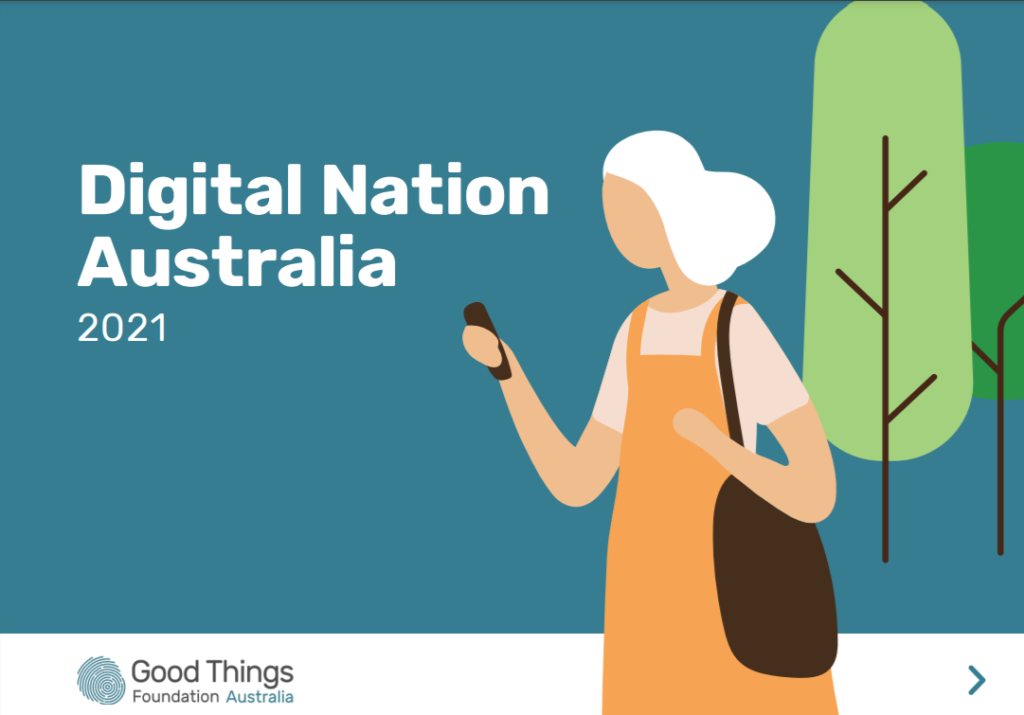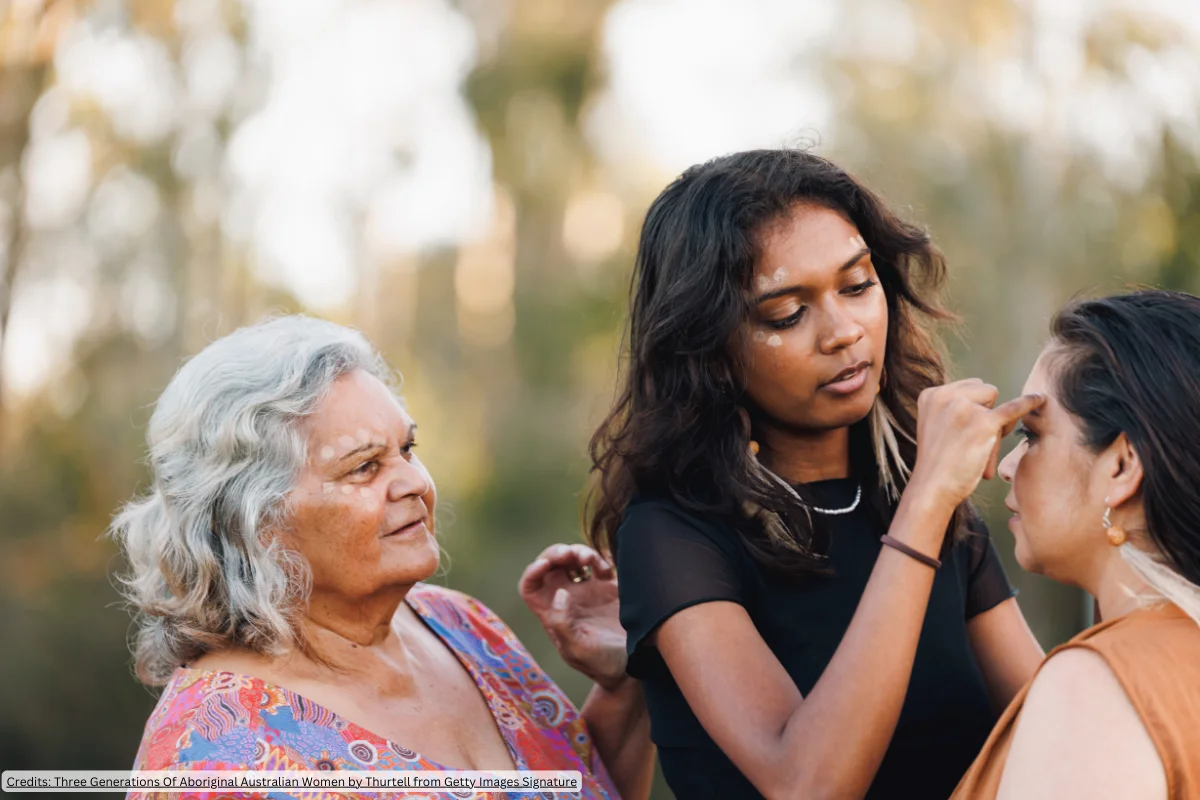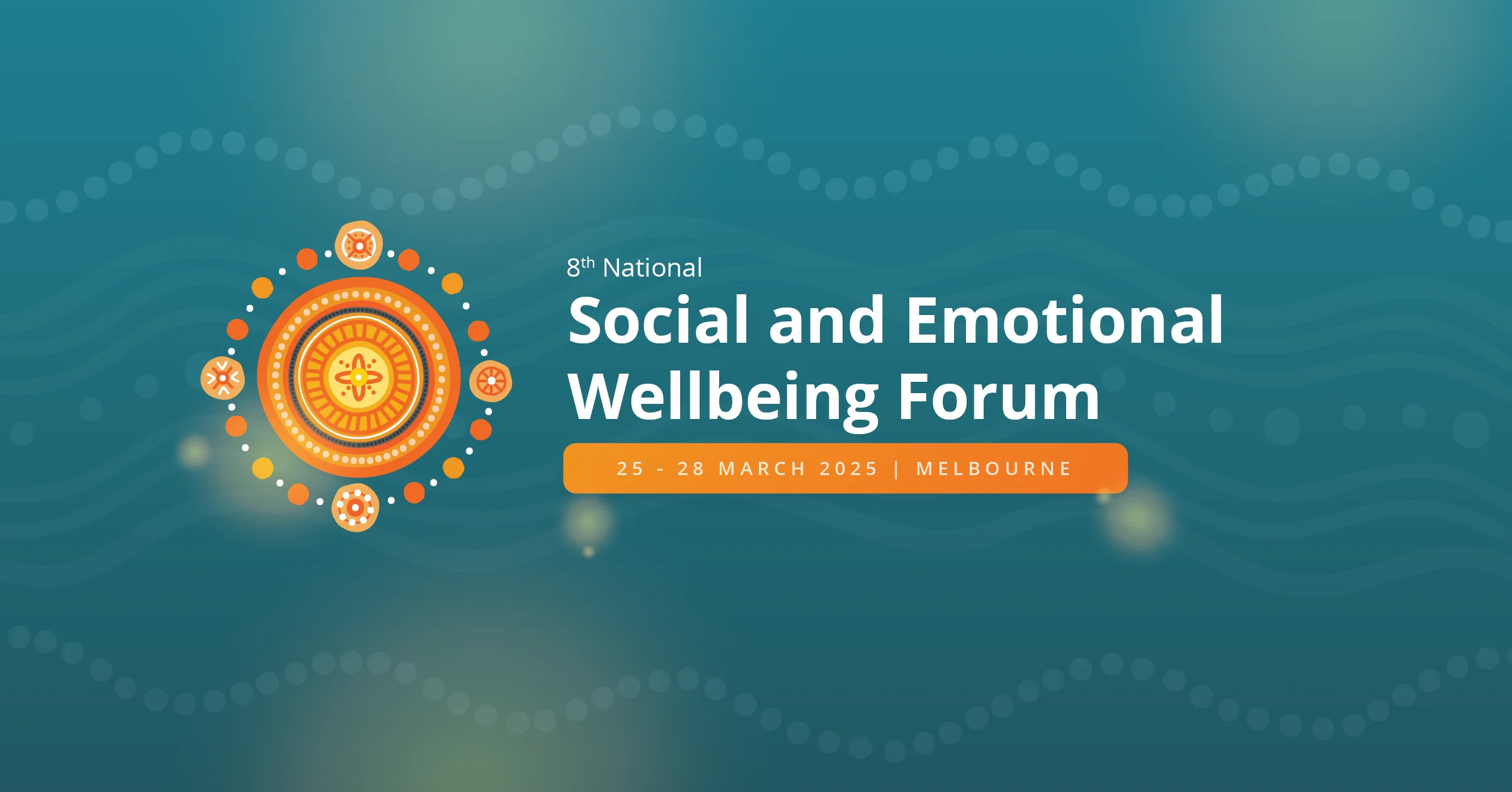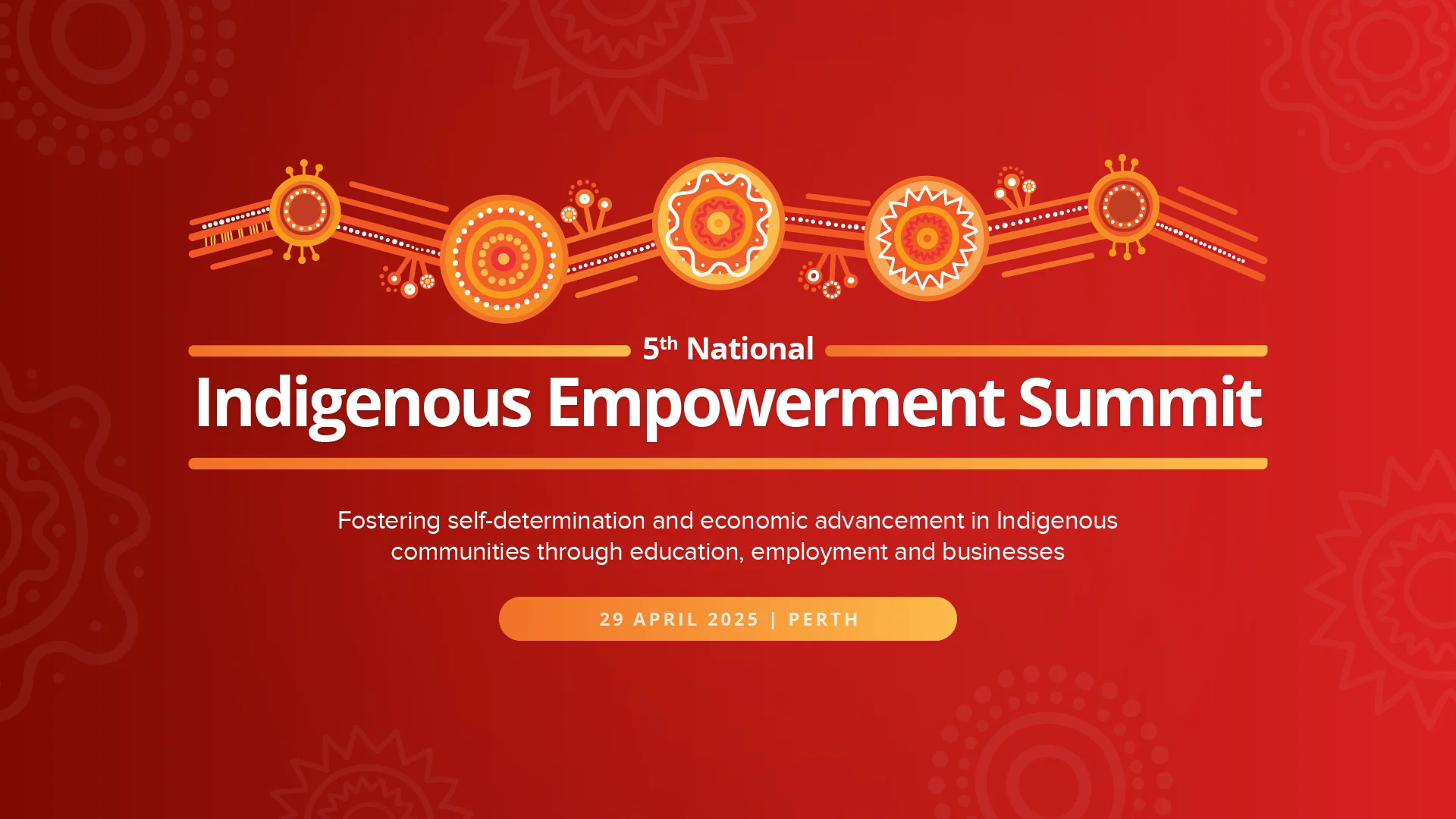Good Things Foundation Australia, a not-for-profit organisation helping to improve lives through digital, has released a new report examining the state of Australia’s digital divide. The Digital Nation Australia 2021 report is the only of its kind to collate national research from government, not-for-profits and academia on digital inclusion.
The report highlights Australians’ overall use of digital technology has accelerated during the COVID-19 pandemic, but not everyone has benefited equally. Research presented in the report shows that despite fewer people being completely offline in 2020, less than 40% of people are confident in their ability to keep up with the rapid pace of changes in technology. To add to this, in the era of fake news and growing conspiracy theories, the majority of Australian adults (61%) lack confidence in identifying misinformation online.
The COVID-19 pandemic has particularly highlighted the gap between those with and without affordable access to the internet and the skills and confidence to use it. Overnight, widespread lockdowns meant basic digital skills and affordable access to technology became critical to access services from education and employment, to banking and retail and even booking a vaccine.
According to the latest ADII, the most at-risk groups for digital exclusion include the following.
- First Nations people: In remote First Nations communities, 30% of people have no household internet or phone connection.
- Rural and remote Australians: Despite the roll-out of the NBN, only one third of Australian land area has mobile connectivity, this is despite regional and remote areas making up 30% of the Australian population.
- Low income households and those with a mobile-only data connection: Half of low-income households had difficulty paying for home internet and one third of those with a mobile-data only connection are low-income families with school-aged children.
- Women: Low digital literacy makes women more vulnerable to online abuse.
- New CALD migrants and refugees: Low digital skills and access are a barrier to accessing services during the pandemic and job opportunities more broadly.
- People with disabilities: People with disabilities are lower users of digital and social media and are more likely to experience cyberbullying and digital abuse.
- Those over 65 years of age: 80% find it difficult to keep up with tech changes.
- People outside of the labour force: Confidence in digital skills decreases as length of retirement increases.
- People with low levels of education: 44% have no media literacy support.
Jess Wilson, Chief Executive Officer of Good Things Foundation Australia said: “Those who are digitally excluded are less able to fully participate in work, education and stay connected with loved ones online – all of which are even more important right now.”
“Lockdowns have pushed everything online, and whilst that might be convenient for the majority of Australians who are digitally included, it’s posing huge challenges to some of our most vulnerable people. The simple act of scanning a QR code to enter a store can be a stressful process for many, not to mention the difficulties remote-learning is presenting to those who lack digital access and skills,” Wilson said.
“Swinburne University found there is a $4 social return for every $1 invested in helping older people cross the digital divide. There are real economic and social benefits to making sure all members of our society are connected. Whilst we’re making good headway with this, we need to ensure that alongside investment in digital transformation, there is investment in supporting everyone to have access to affordable technology and the skills and confidence to use it.”
The Digital Nation Australia 2021 report informs the development of new projects to address the Digital Divide and will be launched at Good Things Foundation’s Digital Nation conference on 4th August 2021.












